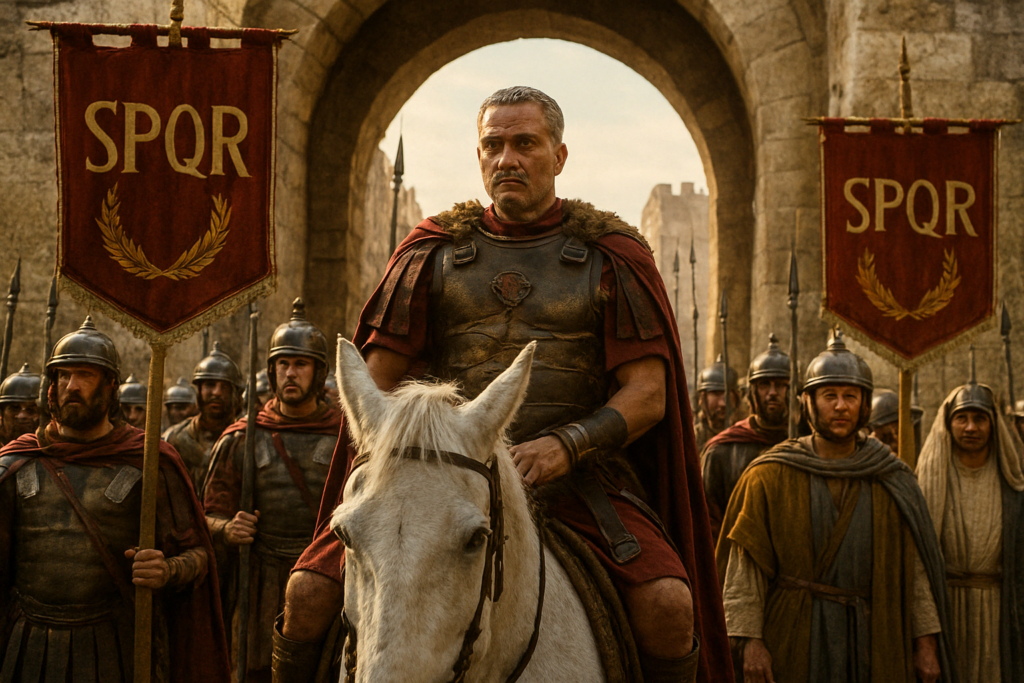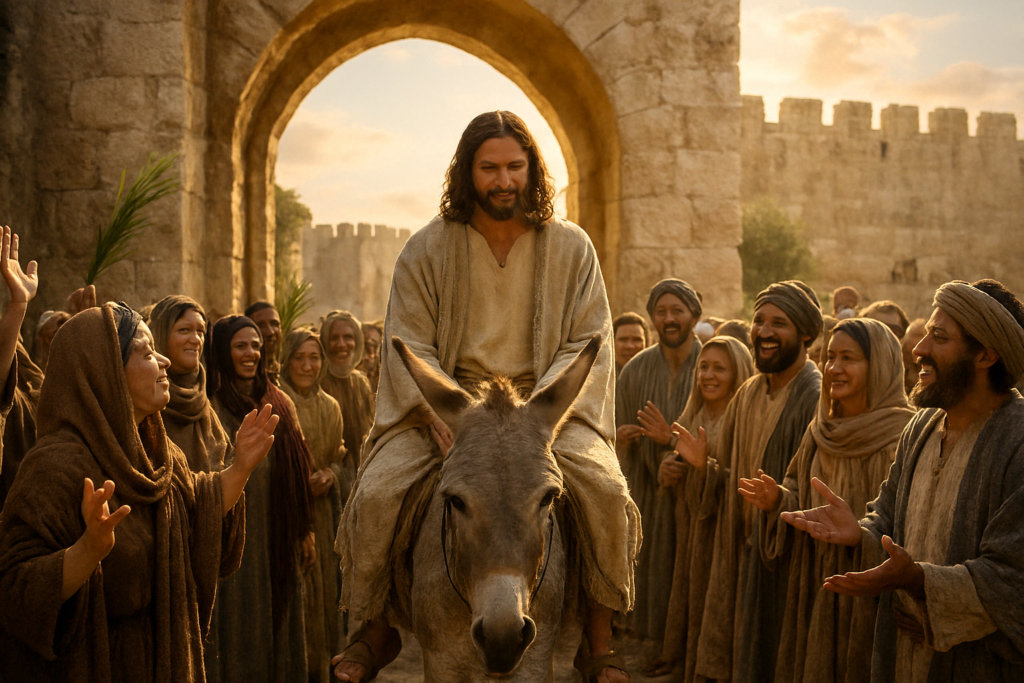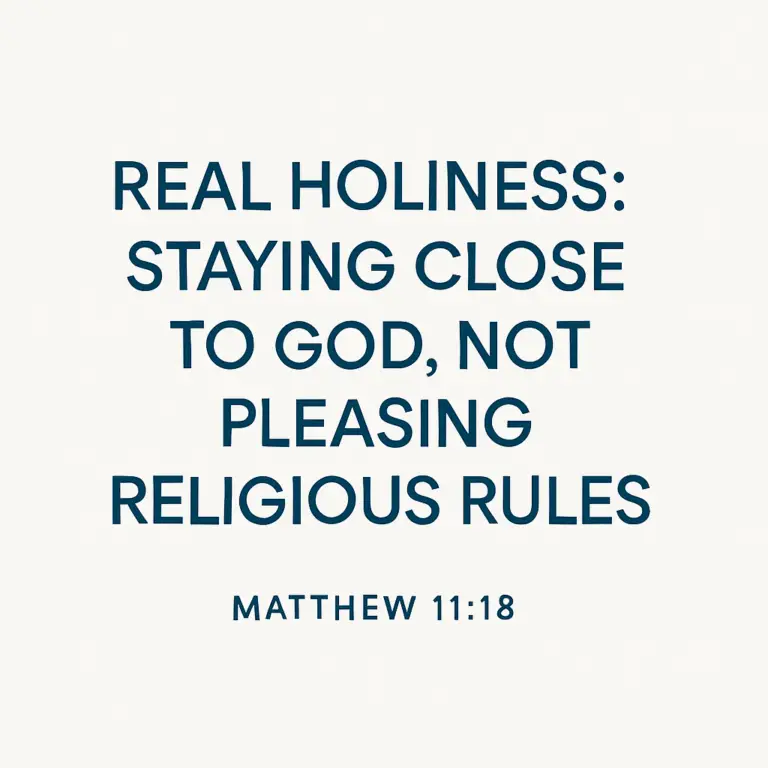God Always Owns the Morning: Finding Hope in the Sunrise
Each new sunrise brings more than just daylight—it carries the promise of renewal, hope, and divine reassurance. No matter how difficult yesterday was, the dawn consistently reminds us that God owns the morning, offering us fresh strength and joy to navigate life’s uncertainties. By reflecting on ancient stories like those of King Solomon and Jesus’ humble entry into Jerusalem, we uncover powerful lessons contrasting worldly ambition against divine humility. In times marked by political unrest, economic uncertainty, and personal challenges, embracing the truth that God’s authority is steadfast gives us courage and confidence for the journey ahead.
First King’s chapter one tells the story of King David’s son, Adonijah, who wanted to become king. The story tells how the city of Jerusalem was buzzing with anticipation. King David’s son, Adonijah, had proclaimed himself king with pomp and grandeur, amassing influential supporters and holding a lavish feast outside the city gates. He then marched through the streets with chariots and the military, throwing himself a grand coronation party. It was a show of force—a display of political ambition fueled by the desire for power and control. But this was not a coronation blessed by God or endorsed by the legitimate king. As the events unfolded, it became clear that God owns the morning and such grand displays meant nothing without divine blessing.
In stark contrast, at the same time, within Jerusalem’s walls, another scene quietly unfolded. Solomon, also David’s son, was prepared for kingship through humble and righteous calling. Riding upon King David’s mule, Solomon entered Jerusalem through the eastern gate accompanied by Nathan the prophet and Zadok the priest (1 Kings 1:38-40). This simple yet deeply meaningful act signified a rightful, divinely sanctioned succession. The people’s celebration echoed through the streets, affirming the authenticity and divine approval of Solomon’s reign.
Centuries later, another significant procession passed through the same eastern gate. Jesus of Nazareth entered Jerusalem humbly on a donkey, fulfilling the ancient prophecy of Zechariah 9:9, which spoke of a peaceful king bringing salvation and hope. Like Solomon, Jesus’ entry symbolized humility and divine authority, contrasting sharply with the military parades of Roman rulers like Pontius Pilate. Pilate’s entry into Jerusalem was marked by a display of Roman might—soldiers clad in armor, horses, banners—a show of earthly power designed to intimidate and assert dominance.

These contrasting entries hold powerful lessons for us today. They symbolize the enduring struggle between the transient nature of human ambition and the lasting authority of divine humility. The grandiose spectacles of Adonijah and Pilate represent human efforts to grasp power through force, intimidation, and worldly prestige. Yet history repeatedly reveals the fleeting nature of such power. Adonijah’s reign ended abruptly, undermined by its lack of divine legitimacy. Similarly, the Roman empire’s dominance eventually crumbled, its grandeur fading into history.
Today, our world continues to reflect on these ancient struggles. Headlines overflow with stories of political turmoil, economic disparity, and social unrest. Wealthy and influential figures parade their success, asserting dominance through material possessions and political power. Economic inequalities deepen, with vast riches accumulated by a select few, while many remain impoverished and forgotten. These modern-day Adonijah’s create systems that amplify division, promoting short-term gains that often result in long-term societal harm.
Consider the frequent financial crises that destabilize global economies. Markets, that once seemingly strong, are collapsing under the weight of greed-driven speculation, leaving millions unemployed, financially insecure, and fearful of the future. Political leaders, often driven by self-interest or partisan divides, further exacerbate these challenges, creating cycles of instability and hopelessness.

Yet, during such uncertainty, the humble, hopeful entries of Solomon and Jesus shine as beacons of timeless truth. True authority and lasting strength do not come from arrogance, wealth, or force, but from humility, compassion, and a willingness to serve. Solomon’s kingship, marked by wisdom and peace, led Israel into a period of unprecedented prosperity. Jesus’ humble entry inaugurated a kingdom defined not by military might but by transformative love, justice, and inclusive community.
This powerful contrast teaches us invaluable lessons for our present moment. Leadership rooted in humility and genuine care for others creates stability and fosters hope. When leaders prioritize empathy and community well-being over personal ambition, society experiences profound positive change. In our current socio-economic context, embracing such leadership is crucial. Policies founded on compassion, fairness, and long-term vision can correct economic imbalances, reduce poverty, and heal societal divisions. Throught it all however, God proves each time that he has it all in control.
Each of us, in our daily lives, faces the same choice symbolized by these ancient processions. Will we follow the fleeting allure of world power, or will we embrace humility and service as our guiding principles? By choosing the path exemplified by Solomon and Jesus, we contribute to a world more reflective of divine values—justice, compassion, and enduring peace.
Today, whatever challenges you encounter—economic hardship, political uncertainty, personal struggle—hold firmly to this truth: God’s sovereignty renews each morning, steadfast and unwavering. Just as the eastern sunrise dispels the darkness, God’s presence and promises to remain constant and dependable.
As Psalm 30:5 beautifully reassures us, “Weeping may endure for a night, but joy comes in the morning.” No matter how deep or dark the night seems, dawn is certain, bringing with it renewal, strength, and hope. God owns each morning, and in this certainty, we find courage to face today’s complexities and tomorrow’s uncertainties.
Ultimately, embracing the humility and faith demonstrated by Solomon and Jesus empowers us to navigate our turbulent world. The person who controls the coming day reminds us that even though the enemy comes in full regalia and seems unbeatable, joy comes with the sunrise, because he is in control of the next day and the day after. Joy comes in the morning, because while I may have been in tears during the night, with the new day comes the king of peace through the eastern gate. This gives me renewed faith and determination, confident that the God who faithfully owns the morning also securely holds our future.



